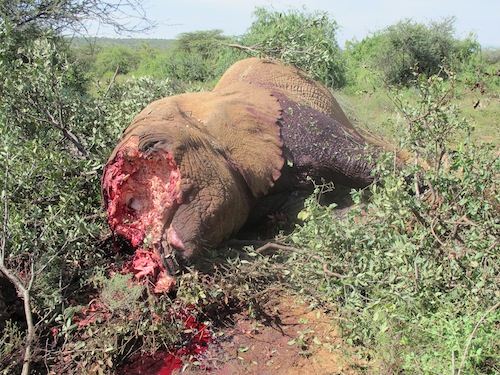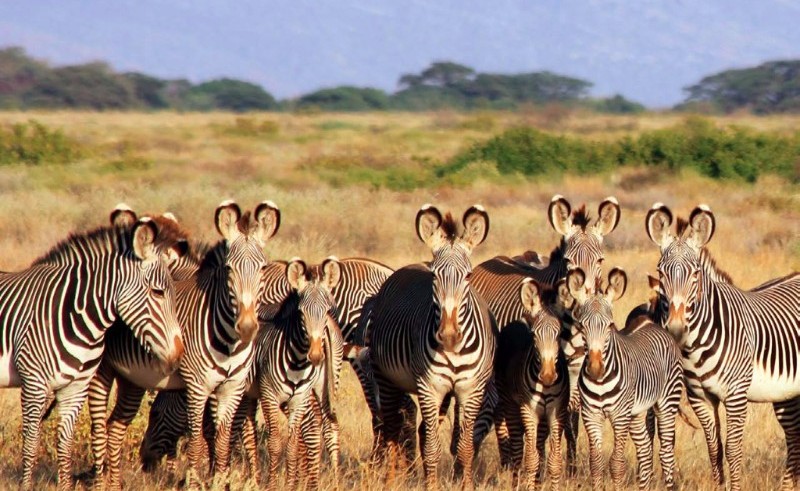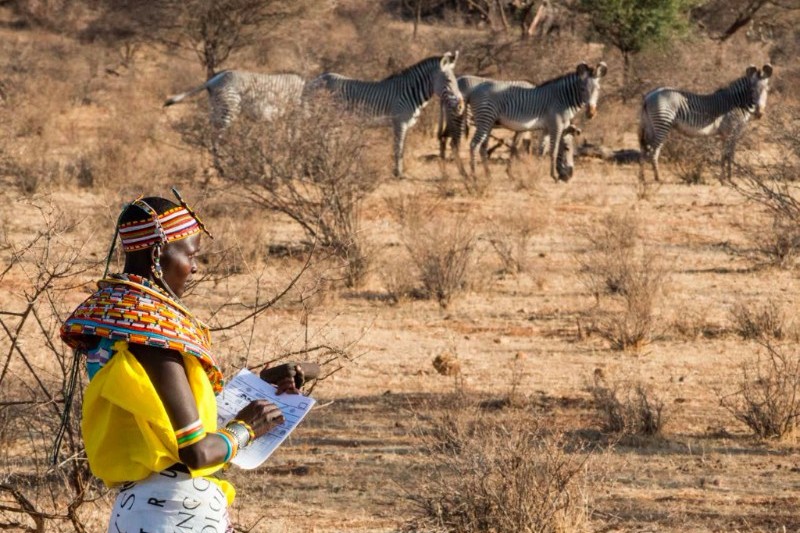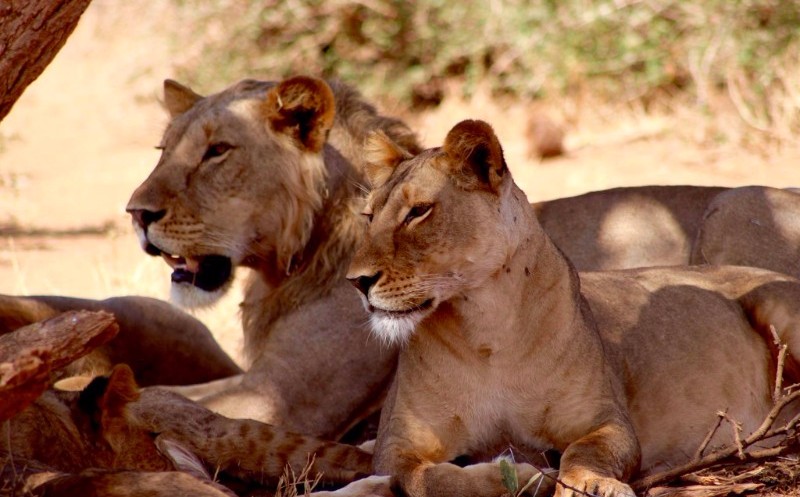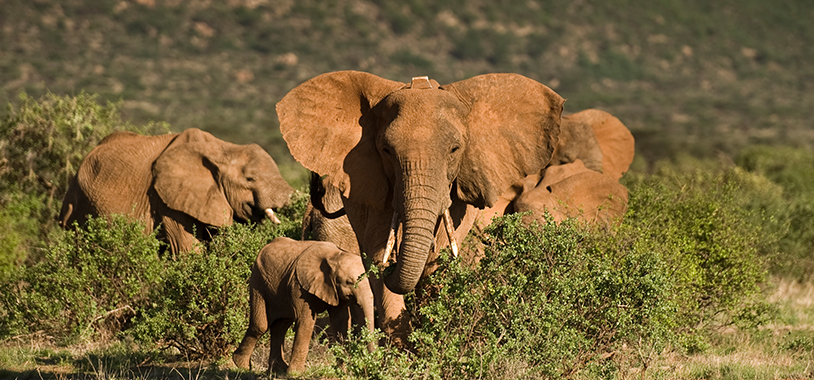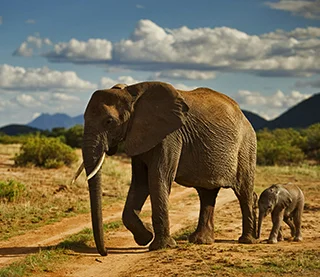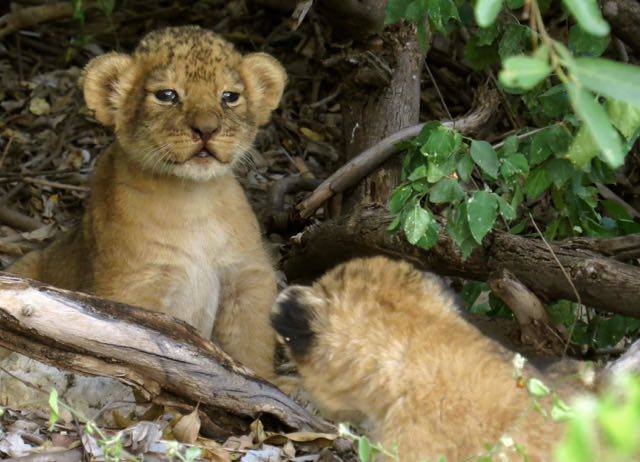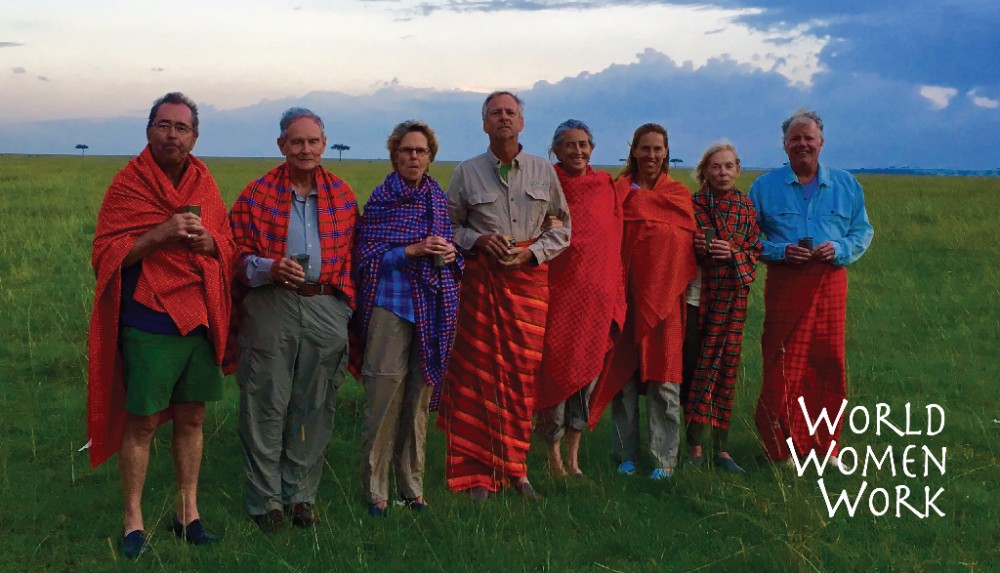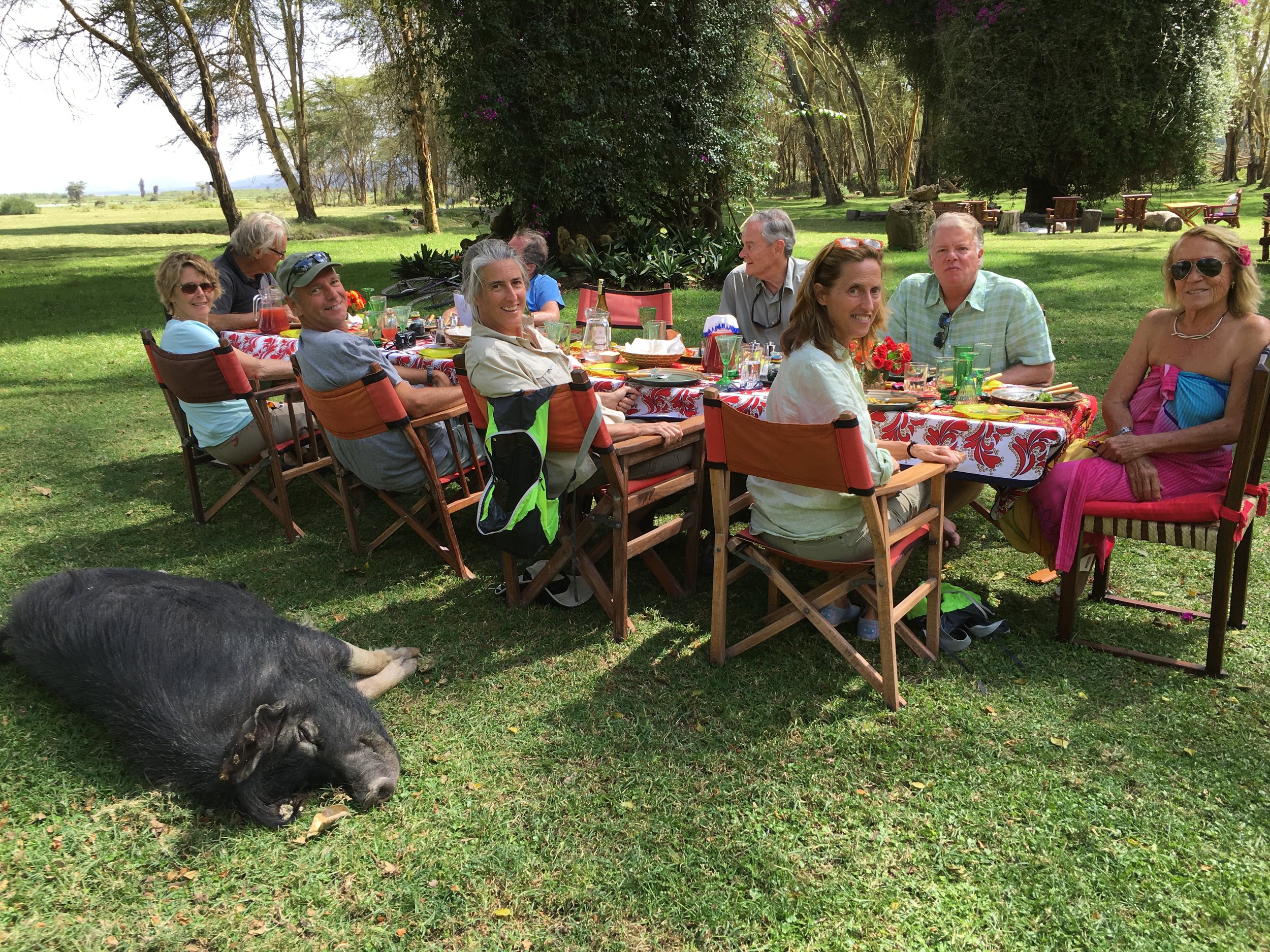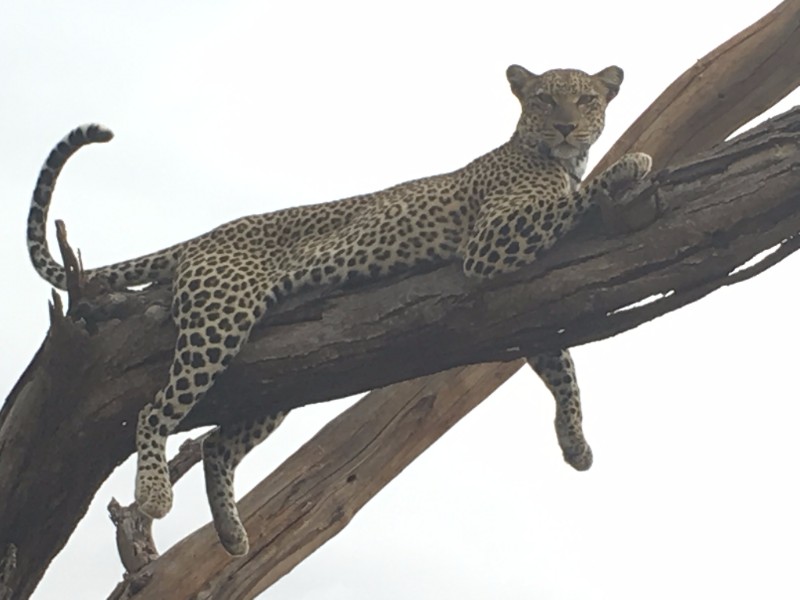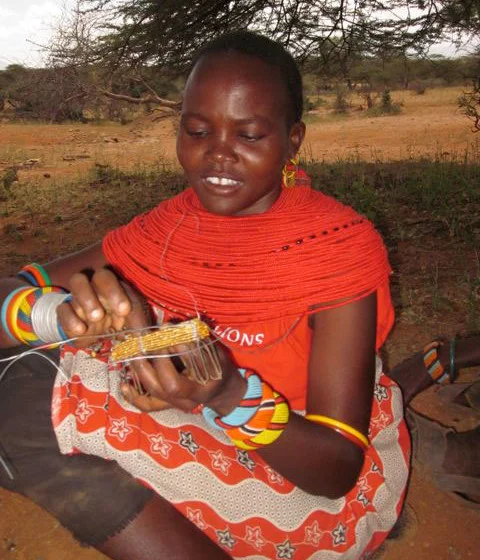These two adorable Grevy’s zebra, Ntapuli and Loituko, are being hand raised at the Reteti Sanctuary in Samburu, Northern Kenya. Ntapuli was rescued when he was 1.5 months old after he was seen frantically running around all alone near a small town, with his mother nowhere in sight. After waiting to see if his mother would return, Grevy’s Zebra Trust’s Simon Matacho, a Grevy’s Zebra Scout, successfully rescued Ntapuli together with the team from Reteti Sanctuary.
Loituko was saved after his mother was eaten by a lion in Il Ngwesi Conservancy. He was so tiny that when he first arrived at Reteti, his chances of survival looked slim. But under their expert care, his health gradually improved. Now, the two young Grevy’s zebra are thriving under the expert care of their Samburu keepers Lekupanai and Lengokwai. The chances of their integration back into the wild are high as Reteti Sanctuary is close to prime Grevy’s zebra habitat.
Grevy’s zebra is an endangered species and each life we save matters. You can be the bridge between rescue and success!
We hope to raise sufficient funds to support the ongoing care for Ntapuli and Loituko. Your donation will support the following:
Formula - $450 a month
Keepers x 2 - $200 each per month
Predator-Proof Stables and Enclosure - $4,000 (one-off cost)
Veterinary - $100 a month
About Grevy’s Zebra:
The Grevy's zebra is one of Africa's most endangered large mammals. The species has undergone one of the most substantial reductions of range of any African mammal. The current global population is estimated at 2,500, with more than 90% in northern Kenya where the Grevy’s Zebra Trust operates. The population appears to have stabilized thanks to the conservation.
WWW supports the Grevy’s Zebra Trust’s Scholarship program, the Scouts and the Sanitary Pad project.






